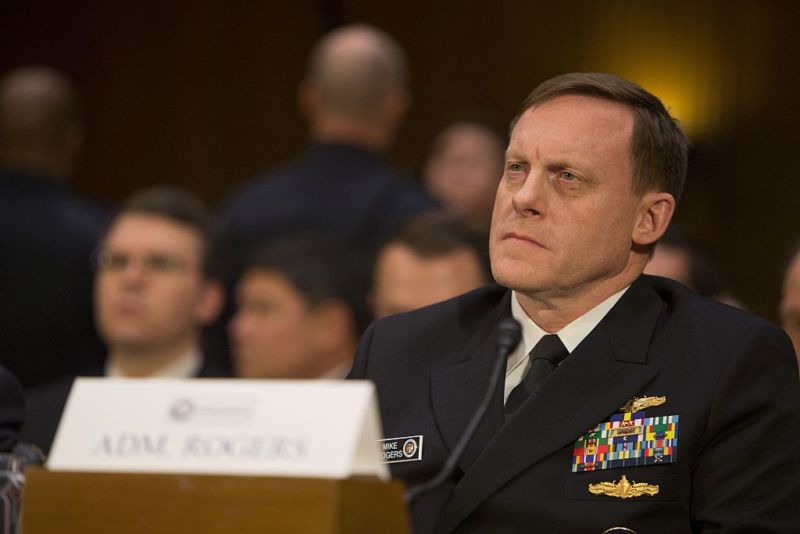Why US “cyber-warriors” can’t do anything about Russian “cyber-meddling”

Rogers was testifying before the committee in his capacity as USCYBERCOM chief, reporting on the challenges and threats faced in “the cyberspace environment.” Russia currently factors largely in those challenges, Rogers noted in his prepared remarks.
Rogers cited the conclusion by the US Intelligence Community as a whole that Russia “employed influence operations to interfere with the US presidential election in 2016,” and he noted “an even wider pattern of Russian cyber meddling before the election,” based on the records of Facebook, Twitter, and Google. Rogers said that the activities on social media and the leaking of emails during the 2016 presidential race were part of an overall effort “to make Western electorates distrust all news outlets and ultimately one another... This threatens the foundations of democracy, making it difficult to discern Moscow’s intentions and to craft common measures for countering Russia’s aggressive actions in its near-abroad and its repression at home.”
While the intelligence community has been unanimous in its assessment of the Russian information operations activity, there’s little either the NSA or USCYBERCOM can do in response. That’s partially because, as Rogers told senators in response to a question from Senator Jack Reed of Rhode Island, he needs a presidential order to do so. “I am not going to tell the president what he should or should not do," he added. "I'm an operational commander, not a policymaker.”
No comments:
Post a Comment